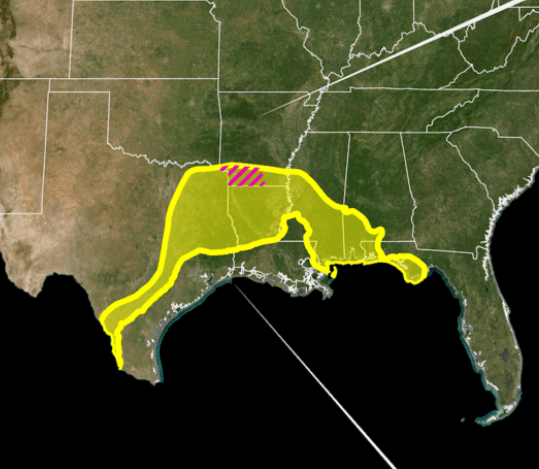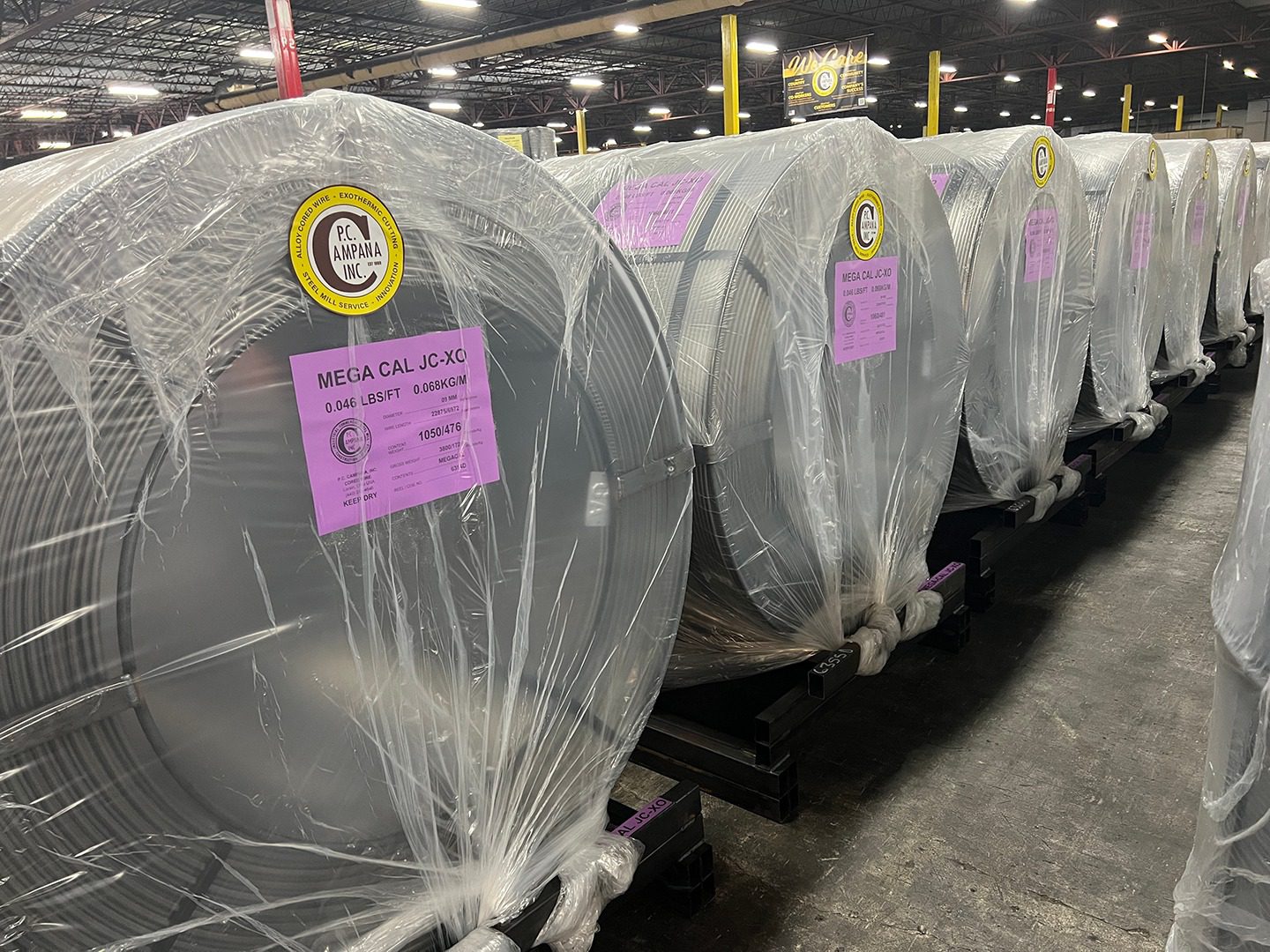
(Photo from Domtar website)
- “The reasons are clear—declining demand for traditional paper products,” said Casey Anderson, executive director of the Mississippi Forestry Association.
Paper mills have been under significant pressure in recent years. Across the Southeast, eight mills have closed their doors, and Mississippi has certainly felt that impact.
Domtar will be shuttering their Grenada mill later this month, resulting in the loss of jobs for more than 150 employees. The company said the mill will close indefinitely in mid-September as it makes “ongoing efforts to align its operations with current business conditions.”
A company spokesperson said they recognize the impact the closing will have on employees, their families, and the local economy. Domtar is working to connect affected workers with career transition resources and other support programs.
“The reasons are clear—declining demand for traditional paper products,” said Casey Anderson, executive director of the Mississippi Forestry Association. The industry, she said, is evolving.
While pulp and paper markets are shrinking, new opportunities are emerging in areas like wood pellets, packaging materials, and even innovative wood-based products that can replace pulp and paper.
“The future outlook will depend on how quickly we can transition and diversify, but there is real potential for growth if Mississippi can embrace these new markets,” Anderson said.
When the Grenada mill was built in 1989, the company said, its location in North Mississippi was ideal as it had cost-effective access to ports along the Gulf of Mexico for international markets. The company touted that the facility had “one of the most modern, high-speed and efficient newsprint machines in North America” with a 235,000 metric tons annual newsprint production capacity.
Since then, the newspaper industry has hit hard times, very hard times. Data from Northwestern University shows that between 2005 and 2024, one-third of newspapers folded, and the circulation of large metro newspapers plummeted by 12.5 percent. The Los Angeles Times print run dropped by 25 percent, and the Atlanta Journal-Constitution announced last week it is ending its printed edition by the end of the year.
The closing, said Matthew Harrison, President and CEO for the Greater Grenada Partnership, is hard for the area. He said the mill provided well-paying jobs and was an asset to the local economy.
Harrison predicted Grenada would bounce back.
“Grenada continues to attract new investment, grow our manufacturing base, and create opportunities for the future. The Greater Grenada Partnership is already working with state and local leaders, workforce agencies, and potential new investors to ensure that our people and our industrial assets are positioned for success,” he said.
Domtar’s website shows that the mill had an economic impact of $316 million, and since 2015, it has donated more than $85,000 locally, “thanks to the mill’s safety performance.”
The mill has been remodeled over the years with the most advanced energy efficiencies, the company stated. A spokesperson said the South Carolina-based company will implement a site security plan detailing the production wind-down process, actions to secure the facility, measures to protect the environment, and steps to safeguard existing assets, in full compliance with applicable regulations.
In the Southeastern U.S., eight mills have shuttered recently, including two in South Carolina, where timber is one of its major industries. In Mississippi, according to the state’s Department of Agriculture and Commerce, timber is the second largest commodity, bringing in $4.42 billion in revenue.











